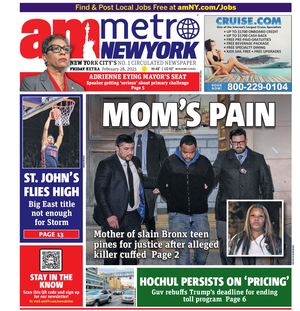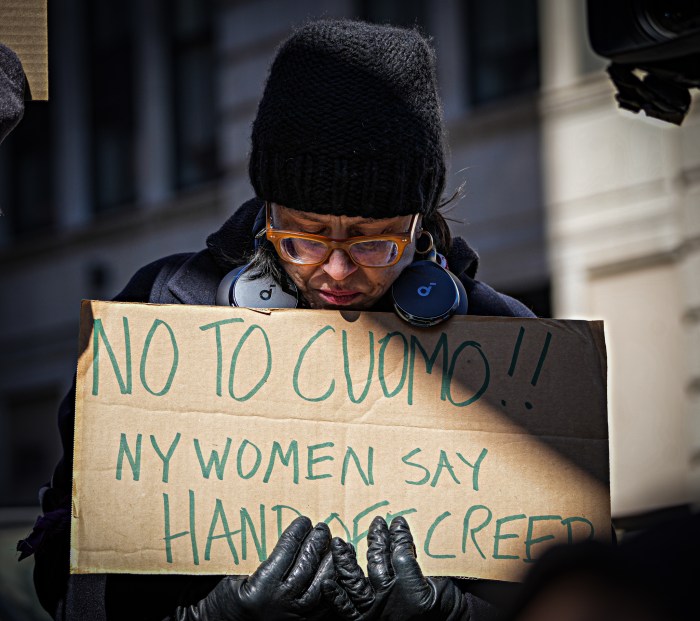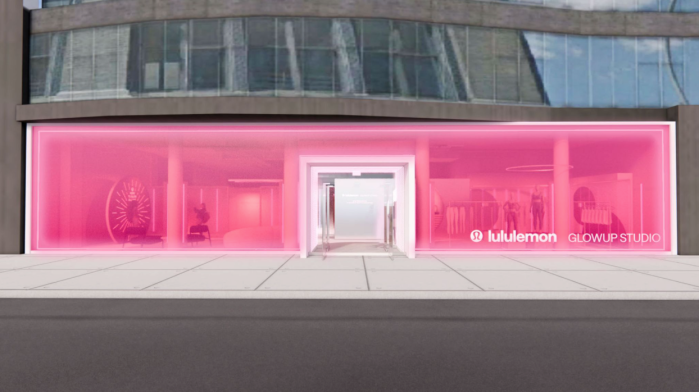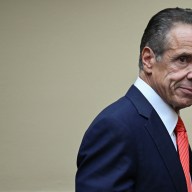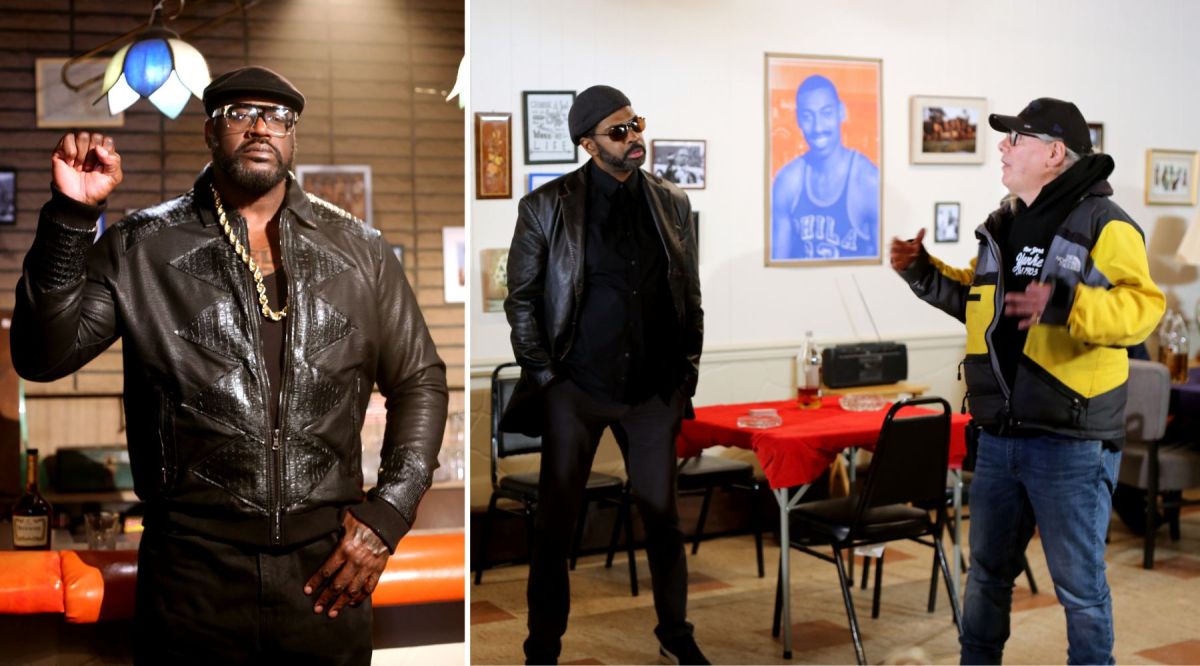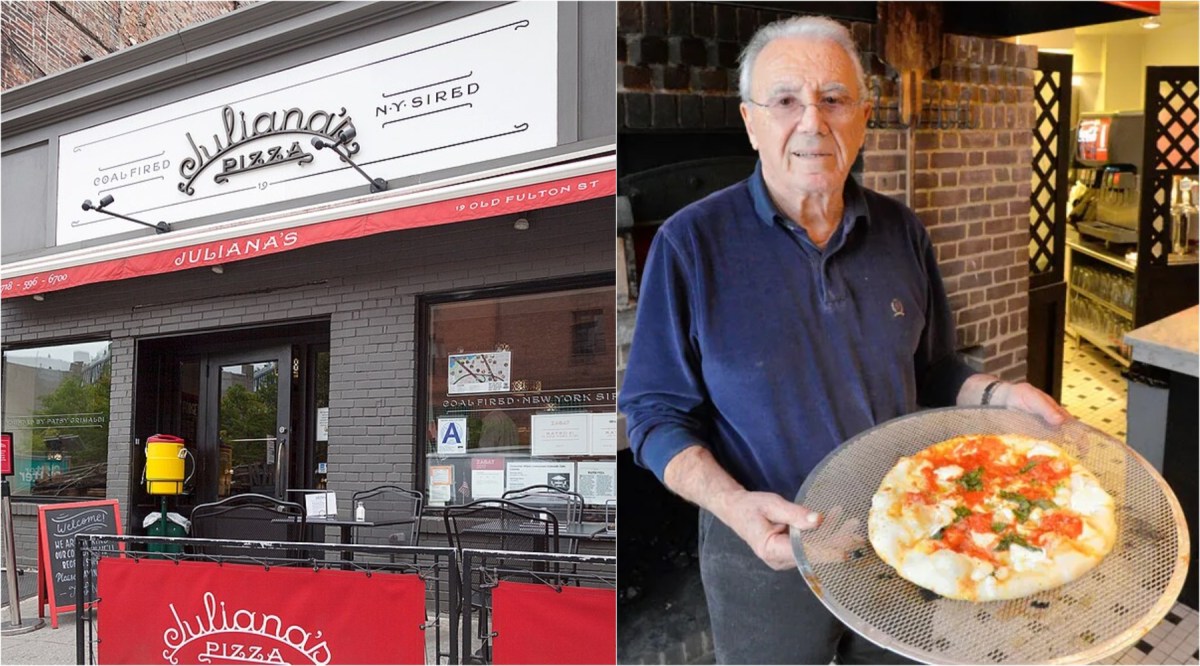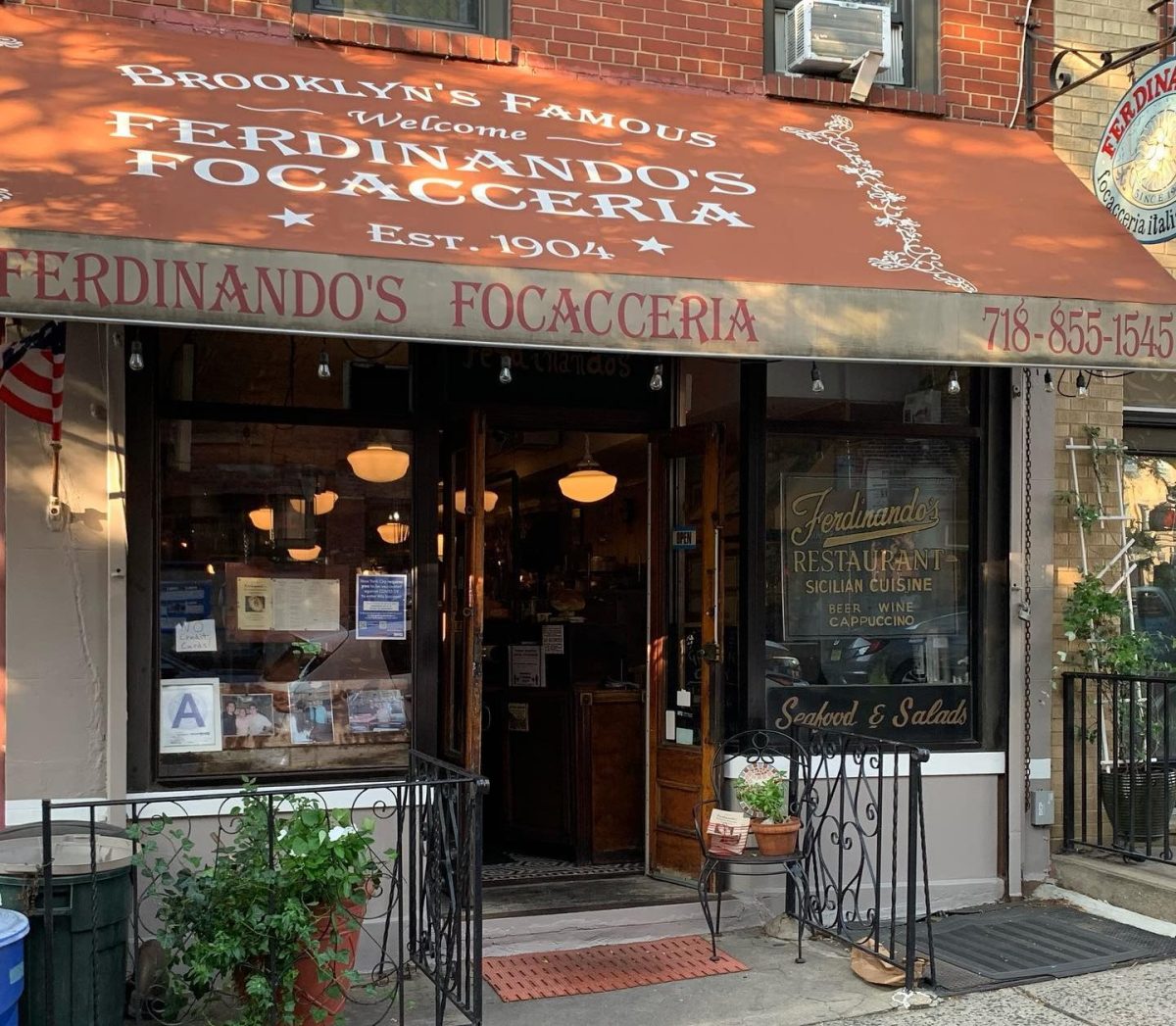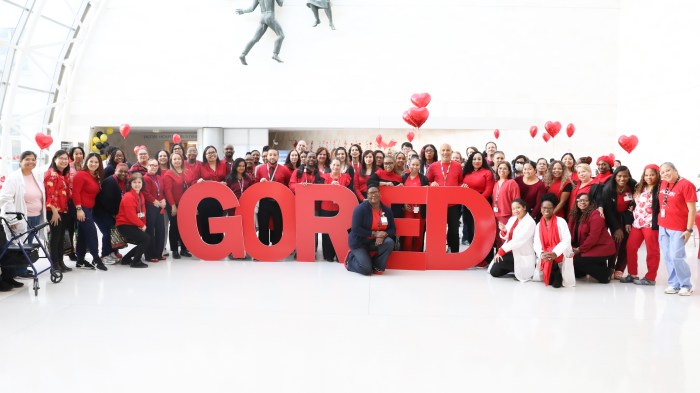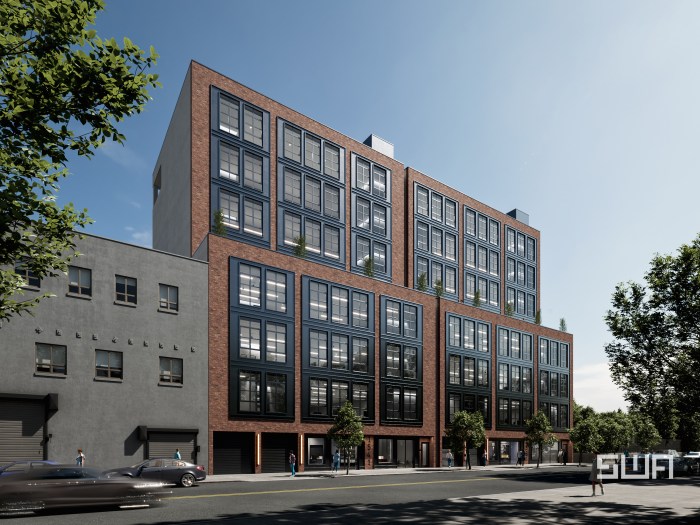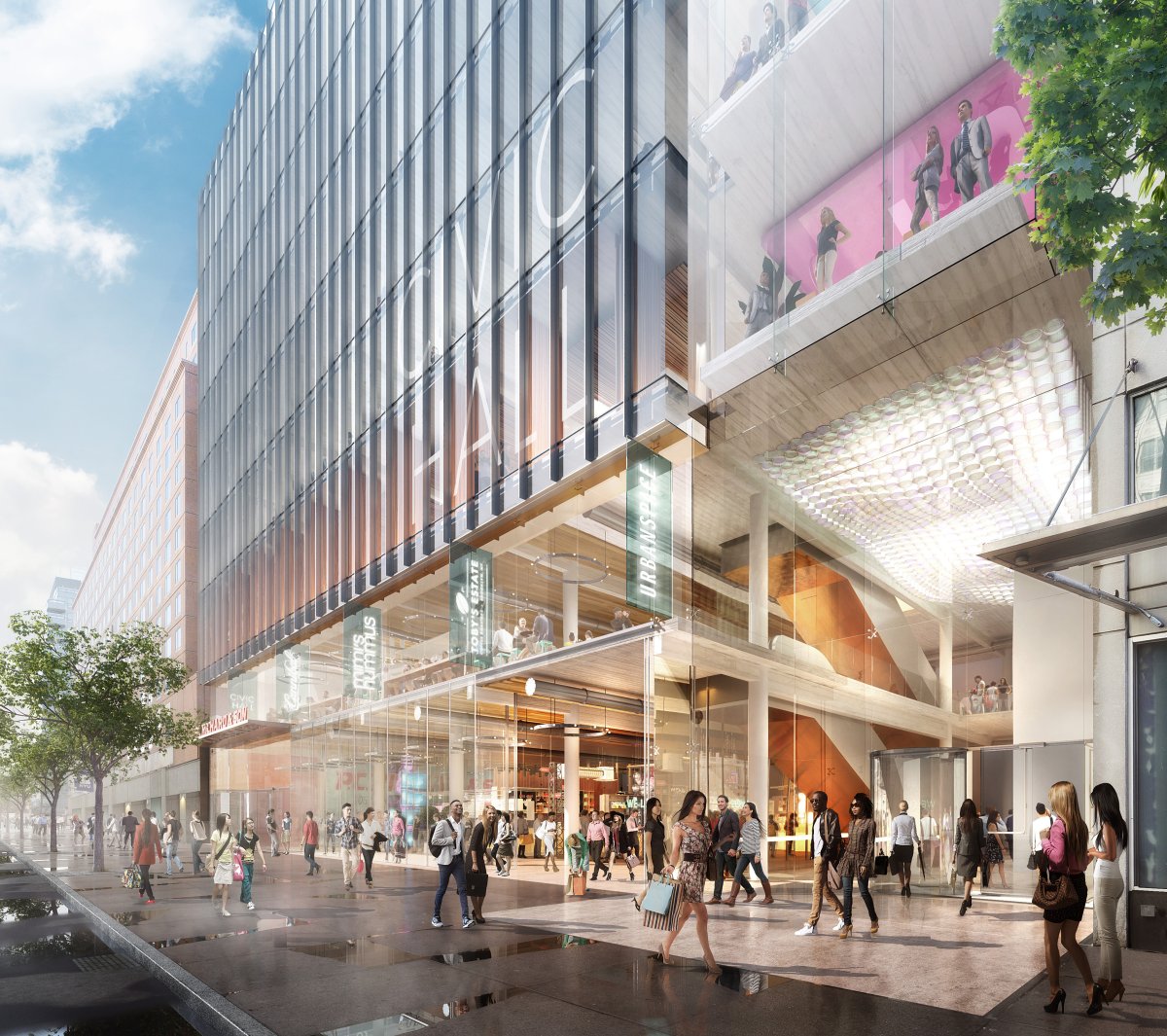
BY MICHAEL OSSORGUINE | The “tech hub” that is planned for the P.C. Richard & Sons site east of Union Square is set to enter the Uniform Land Use Review Procedure (ULURP) soon. That process is slated to complete in 2018.
The project, at 120 E. 14th St., has been the center of an ongoing debate between preservationists and affordable housing advocates on one side and technology companies and real estate developers on the other. However, the hopeful developers say that to call the whole thing a technology center actually may be inaccurate.
The land is owned by the city, so the Economic Development Corporation, in collaboration with potential developers, was the entity drafting applications for the space. The process began with a request for proposals, or R.F.P., in 2015. The winning application was R.A.L. Companies & Affiliates LLC’s plan for a 20-story office building. R.A.L. will have a long-term lease from the city.
As for the tech hub part of the project, an outfit called Civic Hall will lease the building’s six bottom floors: The first three floors will comprise a “digital skills training center.” The next two floors will be Civic Hall’s “collaborative workspace.” The sixth floor will be an event space, available for public purposes at least 32 times per year, according to R.A.L.
The rest of the building would be traditional office space, but it’s expected the tenants filling those spaces will be tech companies.
Several local politicians, however, have conditioned their approval of the project on the city’s rezoning an area between 14th St. and Astor Place to prevent further development, particularly high-rise development.
“We shouldn’t just blindly embrace projects, especially when they benefit private developers and cost a lot of money,” said state Senator Brad Hoylman. “I believe the community should get a return.”
Nevertheless, Hoylman has written a letter in support of the project.
City Councilmember Rosie Mendez represents all four community board districts that are only a block away from the proposed hub. She believes the square of land between Third and Fifth Aves. and 14th St. and Astor Place should have new height restrictions and affordable housing incentives placed on it. She also believes that if this is not done, she would be able to organize a large enough coalition in the City Council to vote against the development when it reviews the application during ULURP.
“It sounds like a great idea,” Mendez said of the project. “However, there are always consequences. Considering the housing pressures we have in this city, I think it is incumbent on the city to put these zoning protections in place.”
Mendez also claims that since the tech hub was announced, Microsoft has been searching for office space nearby, in what she thinks is cause and effect. This would indicate that “Silicon Alley” as an idea is gaining traction Downtown.
In what could be a strategic move by the project’s supporters, the application will probably not come up for a vote while Mendez is still in office, because she will be term-limited out of the Council at the end of this year.
Early in the process, in 2015, the Greenwich Village Society for Historic Preservation originally drew up a rezoning plan for the area between Eighth and 14th Sts. — the University Place and Broadway “corridors,” as the society called them. In a joint letter to the Department of City Planning that year, signed by Congressmember Carolyn Maloney, Borough President Gale Brewer, Assemblymember Deborah Glick, Mendez and Hoylman, the five politicians said they felt the rezoning proposal “has merit.”
More recently, Glick, Mendez and state Senator Liz Krueger have written to the city saying approval of the project should be linked with the rezoning.
However, in a break from other local politicians, Brewer has stated that she does not think approval of the tech hub should be contingent on the rezoning.
“G.V.S.H.P.’s proposal should not impact the timeline of the Tech Hub and its goal of job creation at living wages, and I don’t think there is an appropriate land use nexus to link the two actions,” Brewer said in a recent letter to City Planning.
Usually, in the tug of war between developers and neighborhood residents, the developers make some sort of concessions to the community. But R.A.L., which will be spending $250 million to create the project, has said it will support the community’s goals, and dismisses the preservationists’ agenda.
“The idea behind it was to make a synergistic building,” said Joshua Wein, financial director for R.A.L. “It’s so much more than a tech hub. The project is doing so much for the community and for jobs.”
According to Wein, the space that will be sublet to Civic Hall will be rented at well below market rate, and will allow academics, entrepreneurs and nonprofits alike to use the space and “bump shoulders,” paying only a membership fee rather than rent. In addition, there will be a large vocational training center for those who want to improve their technology skills.
“It’s not a place where start-ups come to make a ton of money and then move on,” said Andrew Rasiej, C.E.O. and founder of Civic Hall. “It’s a place where people come to help other people.”
Rasiej passionately defended his goals, saying that preservationists are, in fact, fighting an ally.
“We are actually trying to build systems that would empower community groups to be able to fight —with better data and better tools — overdevelopment, environmental problems and political problems,” he said.
In addition, Rasiej contended that he is not crowding out affordable housing by supporting R.A.L.’s project.
“You cannot separate job creation from housing,” he said.
But community residents remain skeptical. Erin Hussein, board president of Stewart House, the square-block residential co-op between Broadway and Fourth Ave. and E. Ninth and 10th Sts., supports G.V.S.H.P.’s rezoning position.
“Right now, this is a neighborhood that strikes a very delicate balance between residential and commercial,” said Hussein, who is running for City Council.
Several other candidates running for Council District 2 also support the rezoning as a condition of approving the building.
Andrew Berman, executive director of G.V.S.H.P., in a talking point for The Villager this past March, charged that the tech-hub building would only further fuel the trend of rampant overdevelopment in the neighborhood. The G.V.S.H.P. rezoning, he stressed, does include an affordable housing component — an incentive for developers to include it in their projects — so he denied that the project’s critics have given up on the affordable housing front.
Berman, too, suggested that there is a de Blasio spoils system factoring into things. He backed this up in his talking point by reporting that David Lichtenstein, an E.D.C. board member and political donor, will be constructing a new hotel nearby at 112 E. 11th St.
One significant political voice that has not yet weighed in on this subject is Community Board 3, in which the tech hub would be located. The board’s role is advisory, but they will pass a resolution on the tech hub next year, when U.L.U.R.P. has gotten underway.
“We are very sensitive to resident concerns for the impact of development in their area,” said Jamie Rogers, C.B. 3 chairperson.
As for why the project must go through ULURP, Berman said it’s because the commercial zoning being sought would allow building larger than what is currently permitted, among other things. The current zoning is geared toward allowing a smaller residential building, he noted.
Meanwhile, Ryan Birchmeier, an E.D.C. spokesperson, provided statistics in support of the project. He said it would create 650 well-compensated tech jobs, make 58,000 square feet of space available to growth-stage companies, and create a training center to help develop younger workers for the 21st-century workforce.
At this point, whether the application will move forward coupled with new rezoning protections for the area has become the crux of debate. A decision on that likely will not be made until next year.
Corrections: The original version of this article said that Civic Hall would have three floors of the building; in fact, it will have six. The article also incorrectly said that Civic Hall had given money to Mayor Bill de Blasio’s election campaign.
